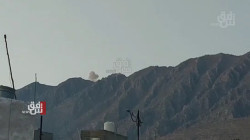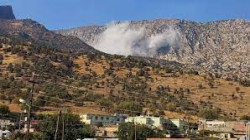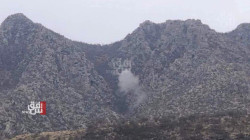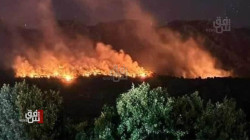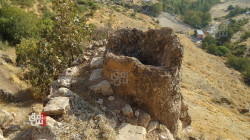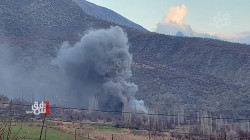Iraqi Kurdistan: Ocalan's plea amid Turkish offensive
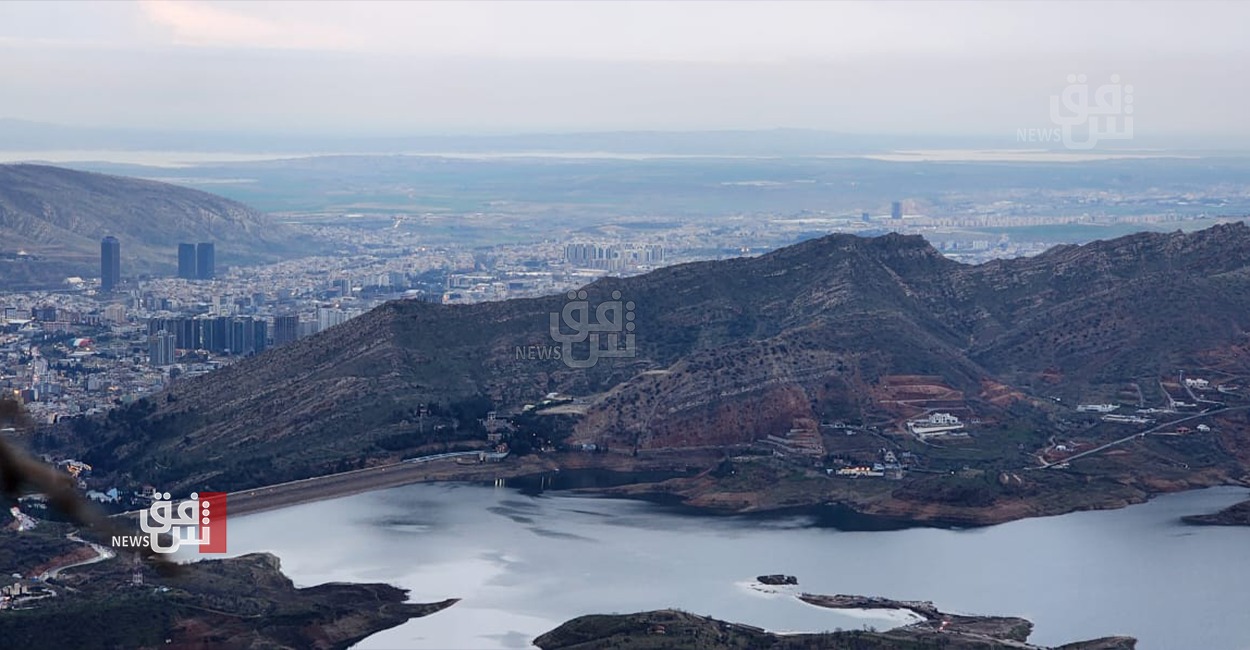
Shafaq News/ Jailed PKK leader Abdullah Ocalan urged the dissolution of the militant group and an end to the armed struggle in a February statement, marking a significant shift in the decades-long conflict with Turkiye.
In a statement issued in late February, Ocalan urged an end to the four-decade armed conflict in southeastern Turkiye, which has claimed tens of thousands of lives. He called on all factions to lay down their weapons and for the PKK to dissolve itself, emphasizing that the movement initially emerged due to a lack of democratic political channels.
Kurdish leaders largely welcomed the statement, with thousands reportedly gathering in predominantly Kurdish cities in southeastern Turkiye to watch the announcement on large screens.
Following Ocalan’s appeal, the PKK’s executive committee declared a ceasefire through the pro-PKK ANF news agency, stating that it would not engage in hostilities unless attacked. However, skepticism remains among both Kurdish and Turkish audiences regarding the feasibility of disbanding the PKK and whether Turkiye will respond positively.
Last week, senior PKK commander Duran Kalkan accused Turkiye’s ruling Justice and Development Party (AKP) of seeking domination rather than a genuine resolution to the conflict.
The timing of Ocalan’s call coincides with regional and international shifts that have altered power balances, which may have influenced his decision to advocate for a new strategy. However, analysts caution that Turkish military operations are unlikely to halt immediately, as Ankara continues to view the PKK as a terrorist organization and has pledged to maintain its military campaigns until it deems the threat eliminated.
Despite the PKK’s ceasefire declaration, Turkish military operations against the group have continued in northern Iraq. Clashes erupted in Al-Amediya, northern Duhok, just two days after Ocalan’s call for disarmament.
Security sources reported that Turkish warplanes targeted PKK positions in the Metina (Matin) mountain range, while eyewitnesses described plumes of smoke rising near the village of Sirkli, though details on casualties remain unclear.
Turkish artillery also resumed shelling PKK positions on the slopes of Mount Gara in Al-Amediya, Duhok.
According to the American monitoring organization Christian Peacemaker Teams (CPT), Turkiye conducted 14 air and artillery strikes in Iraqi Kurdistan over one week in March, despite the PKK’s ceasefire. The attacks included multiple artillery bombardments, airstrikes by fighter jets, and helicopter assaults. The PKK reportedly responded twice.
For now, it remains unclear whether Ocalan’s appeal will translate into concrete steps, as Turkish operations continue despite the ceasefire.
